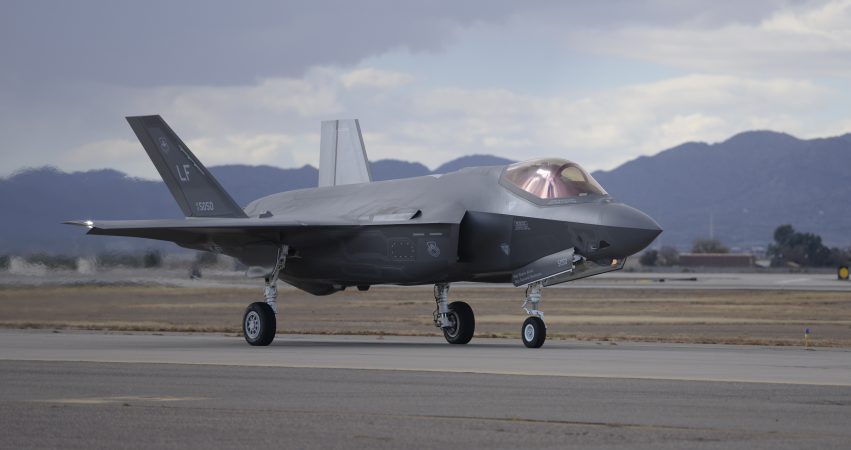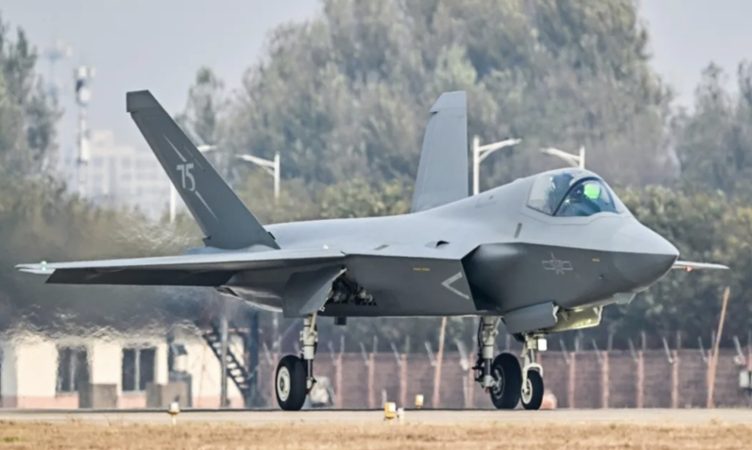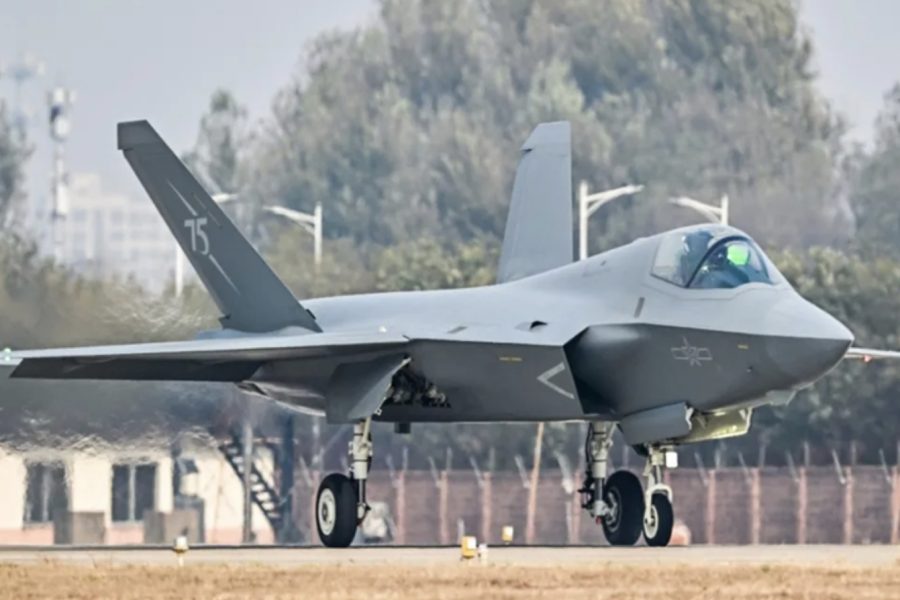The Air Force’s top officer said China’s new stealth fighter has one distinctive feature: It appears to draw its inspiration from the U.S.’s F-35.
“It’s still fairly new,” Air Force Chief of Staff Gen. David W. Allvin said in a Nov. 19 interview with Air & Space Forces Magazine. “But, yes, it’s pretty clear; you could put it side-by-side and see, at least, where we believe they got their blueprints from, if you will.”
China’s J-35A was recently unveiled at the Zhuhai Air Show by China’s People’s Liberation Army. As Allvin noted, the plane looks remarkably similar to an F-35, though, unlike the American warplane, it is equipped with two engines instead of one.


Allvin declined to discuss details of what the U.S. knows about the J-35, citing a need to protect classified information. But much of Allvin’s program to bring about the “re-optimization” of the U.S. Air Force is driven by the need to deter China’s growing military.
“Overall I think we should just be very aware of the scope and the scale—if nothing else, the scope,” Allvin said, referring to China’s growing air forces.
China also operates another stealth fighter, the J-20 air superiority aircraft, and is working on the H-20 flying wing stealth bomber, according to a 2023 Pentagon report on China’s military forces.
In March, then-commander of U.S. Indo-Pacific Command Adm. John C. Acquilino said that China’s People’s Liberation Army had “the world’s largest Navy, soon to be the world’s largest Air Force.”
China has over 3,100 aircraft in the PLA Air Force and PLA Navy of which about 2,400 are combat aircraft, the Pentagon report noted.
The U.S. Air Force has around 4,000 crewed, non-trainer aircraft. The U.S. Navy and Marines have thousands of aircraft of their own.
China has a long history of copying U.S. aircraft designs, though that doesn’t mean their combat aircraft are as capable as their American counterparts in other respects.
“The Chinese development of their capabilities is something we need to we need to respect and be able to account for,” Allvin said. “One thing that they’ll never catch up on us is the quality of our force, the quality of our entire total force, the quality of our [noncommissioned officer corps], the quality of our aviators, the maintainers, all of that. But I don’t want to make it a close fight.”
The Air Force has recently unveiled major structural reforms and a new force design designed to better counter China.
“We have to have an Air Force that can still survive and can execute effectively in many different threat environments,” Allvin said.
